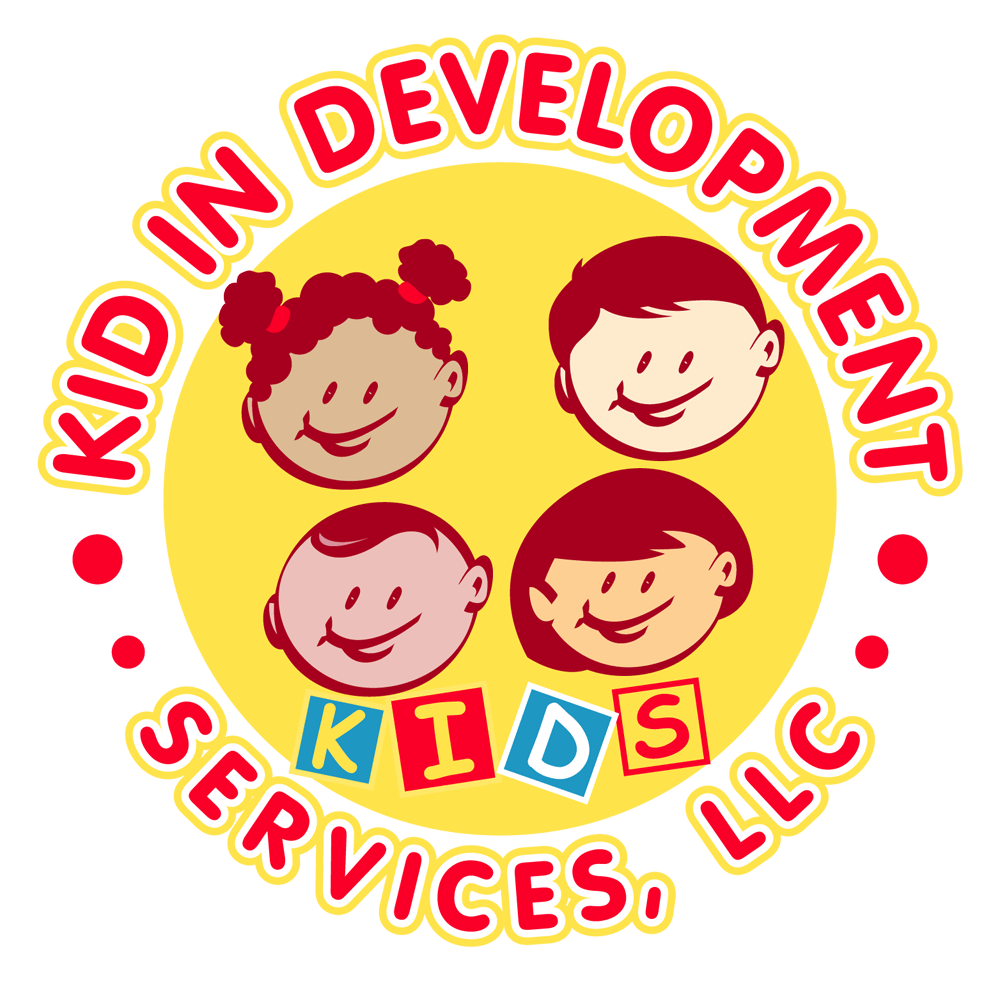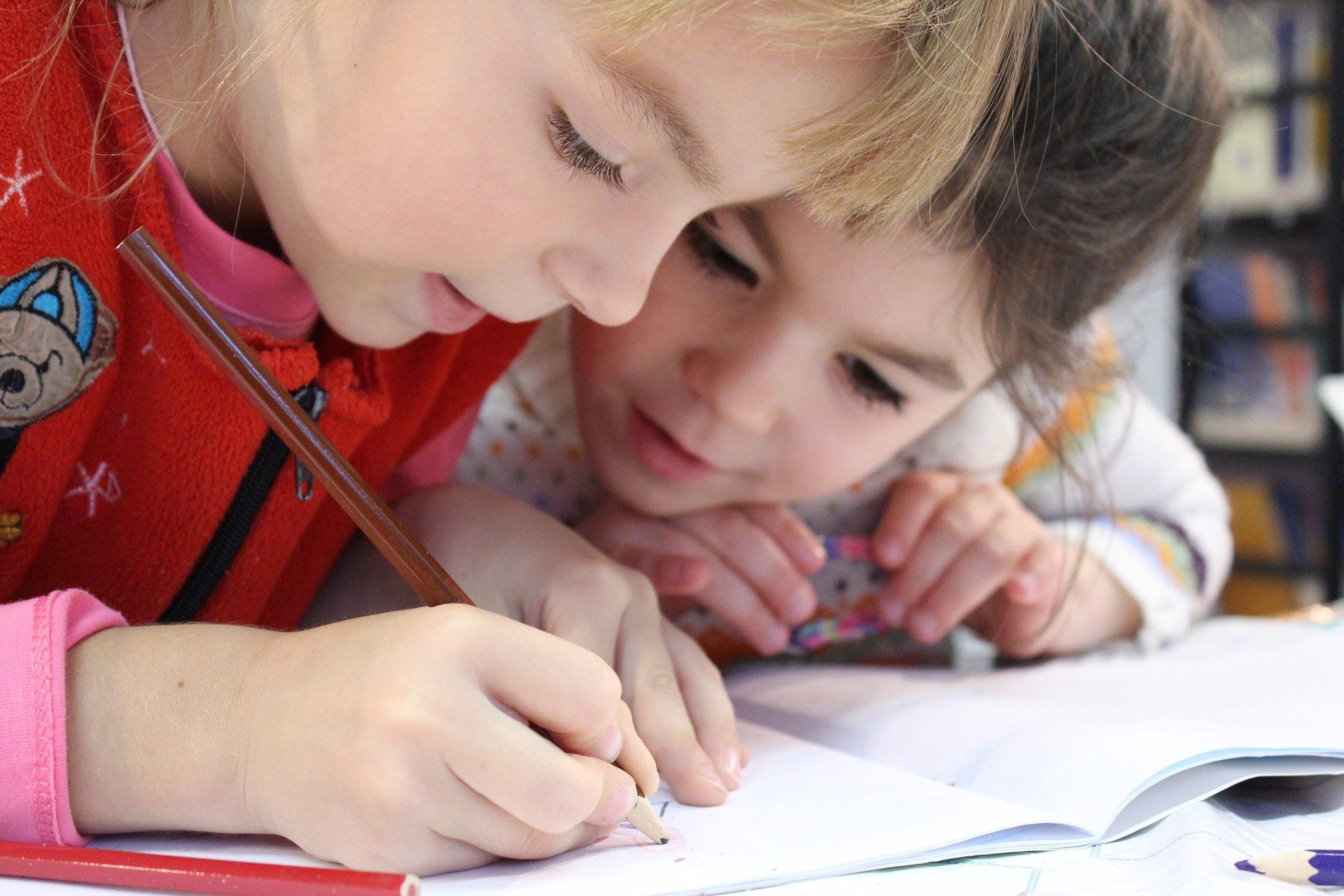Don't Throw Fine Motor Skills Away!
Don't Throw Fine Motor Skills Away!
Fine Motor skills for 3-6 years by Mary Ellen Cassaro, EI
Does your child need help building the muscle strength in their fingers, hands, and wrists? Are they struggling with getting dressed in the morning or opening their granola bar? There are some convenient tools at your fingertips (pun intended!) to help your child. Look no further than your recycling bin!
First, let’s recall what fine motor development delays are. Many children experiencing developmental delays often struggle with their fine motor skills. According to The Warren Center for Children with Developmental Differences,
“Fine motor developmental delays describe a lag in the ability to use the extremities (hands, fingers, wrists, tongue, lips, feet, and toes) as expected for a child’s age. Fine motor skills involve the ability to hold, use, or manipulate objects using some of the smallest muscles of the body. These skills require hand-eye coordination as well as nerve and muscle control. Children need fine muscle skills to complete tasks like coloring, picking up toys, using scissors, and even making a pucker face with the lips.”
When I am working with families as an EI, I often hear parents express the desire to see their children become more self-reliant. They want their child to be able to open a juice box and insert the straw, peel a banana, or open a bottle of water. Other parents want their child to be able to color and press the crayon down hard enough so that you can see the color. These children can operate a TV remote or swipe pictures on a smartphone, but they need help squeezing the toothpaste out of the tube or turning the knob to open a door.
Additional examples of how children use fine motor skills:
- Holding a pencil, crayon, marker, or paintbrush
- Drawing a picture
- Holding spoons and forks to eat
- Playing with blocks or puzzles
- Using scissors
- Brushing teeth
- Sticking out tongue to taste food
- Buttoning and zipping clothes
- Opening containers with lids
What are some activities and materials that will build muscle strength? There are many toys and games out on the market today that will address this need, however, you can put together several household items to make your own! With this article in mind, I walked around my house thinking of my 3–4-year-old friends and what they might need during the course of the day.
What are some items in my recycling bin that I can repurpose for fine motor skill development and how can I use them?
- Empty condiment or dish soap bottle: Fill with soapy water to squeeze during bath time.
- Old plastic gloves or sandwich/small snack bags: Fill with flour, sugar, rice, or sand and seal with tape. Use these to squish in each hand.
- Large chip clips: Use to practice opening and closing or for picking up small items like pom poms or cheerios.
- Tongs and empty wipes containers: Use to pick up cotton balls or small toys and put them in the container with the tongs.
- Turkey basters: Fill a bowl of water and suck it up into the baster then squeeze it out into the bowl.
- Empty spice bottles with screw on lids or lids that snap shut: Have your child fill the bottles with small items or Q-tips.
- Empty soda bottles or milk jugs: Fill with soapy water and encourage your child to shake it up and pour it out.
- Bubbles: Blow bubbles with a straw.
Cleaning up time becomes a fine motor activity when you encourage your child to
use a pair of tongs!
Finally, spend some time observing your child. Notice what they have difficulty with and become mindful as you go about your own day. Notice the times you have to open and close containers or squeeze and manipulate objects to gain functionality. All of those moments are skills that our little ones will need to develop and use. Our arms, hands, wrists and fingers are amazing tools that allow us to function on a daily basis and achieve so many great things. Practice pointing and counting fingers as a warm up with your child and then raid the recycling bin and have some fun!
Further reading:
https://www.tlckidstherapynyc.com/2019/05/fine-motor-difficulties-in-children/
http://www.kamloopschildrenstherapy.org/fine-motor-skills-preschool-milestones
Mary Ellen Cassaro
Early Interventionist
Kid In Development Services, LLC



